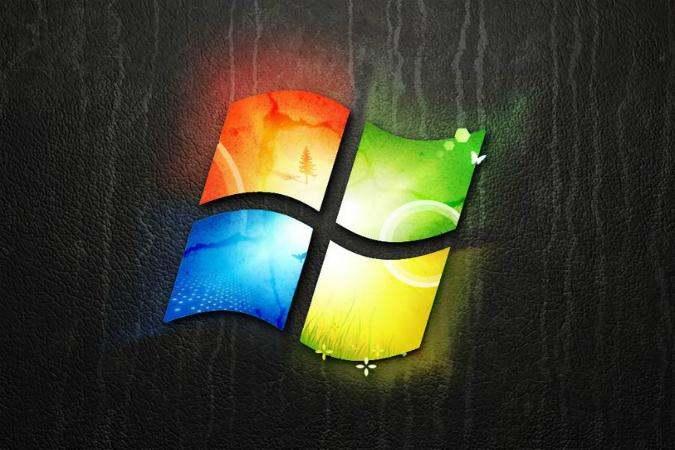
The United States Computer Emergency Readiness Team (CERT) say that Windows XP and Internet Explorer are a bad combination. CERT doesn’t really think you should be using XP at all, but if you have to, they want you to at least switch to a more secure third-party browser.
CERT, a division of the U.S. Department of Homeland Security, warns consumers of software that may pose a security risk. According to a bulletin released Monday, Microsoft includes software updates for IE into other system-wide patches. Users will no longer receive updates when Microsoft stops supporting XP next month, potentially leaving them exposed.
“Users who choose to continue using Windows XP after the end of support may mitigate some risks by using a Web browser other than Internet Explorer,” CERT announced. “The Windows XP versions of some alternative browsers will continue to receive support temporarily. Users should consult the support pages of their chosen alternative browser for more details.”
CERT also warned against combining Windows XP and Microsoft Office 2003 for the same reason:
“All software products have a lifecycle. End of support refers to the date when Microsoft no longer provides automatic fixes, updates, or online technical assistance.”
Almost thirty percent of Windows PCs are running XP. According to PC Advisor, more than 40 percent of users mix Windows XP and IE.
For those of you looking to switch browsers, Chrome, Opera and Firefox are still patching their XP browsers. Google guaranteed that Chrome will continue supporting XP until April 2015, at least. Mozilla and Opera have not identified a Windows XP support cutoff date, but both currently continue to do so.
The bottom line is, once Microsoft cuts off support for XP, anyone still using the OS should expect to be vulnerable to Internet-based threats.
Editors' Recommendations
- Microsoft warns that relying on Internet Explorer may cause disruptions
- Upcoming Windows update will kill Internet Explorer for good
- In a year, we’ll finally be able to say goodbye to Internet Explorer for good


